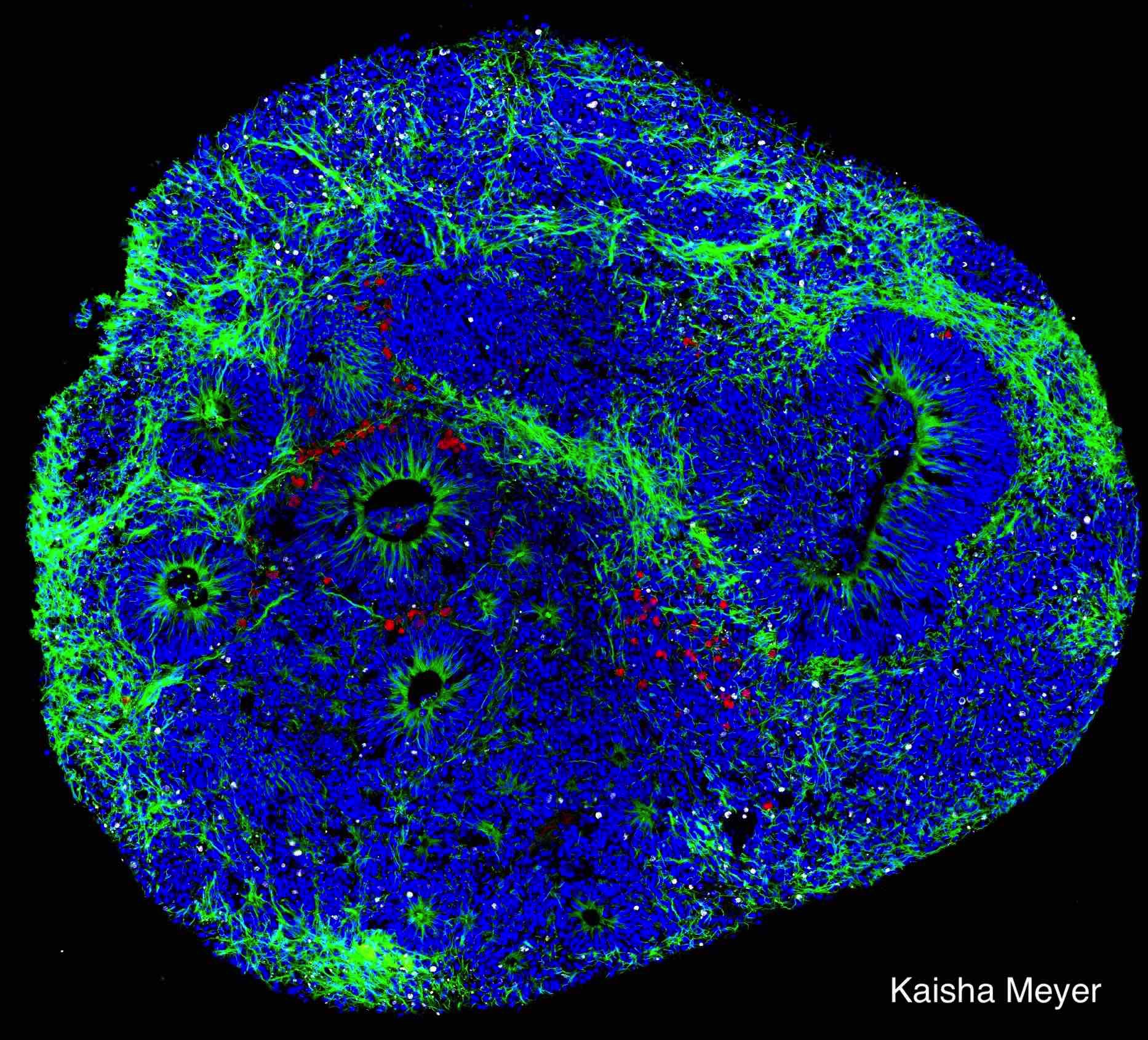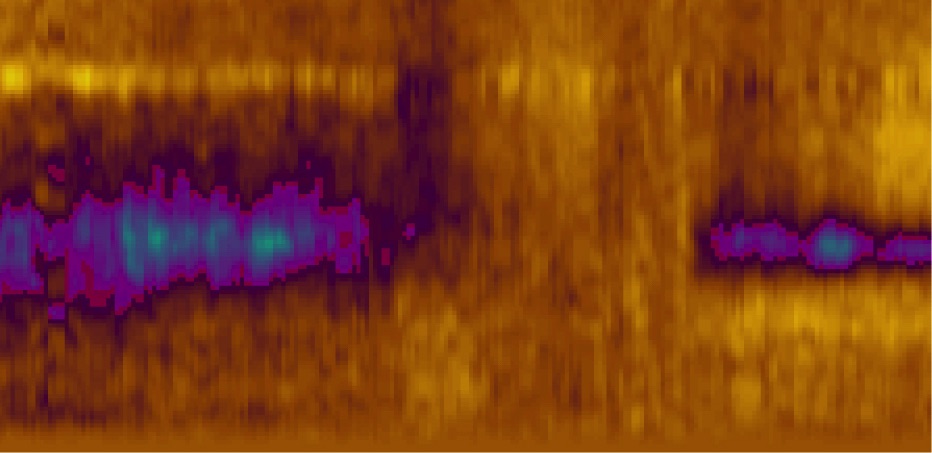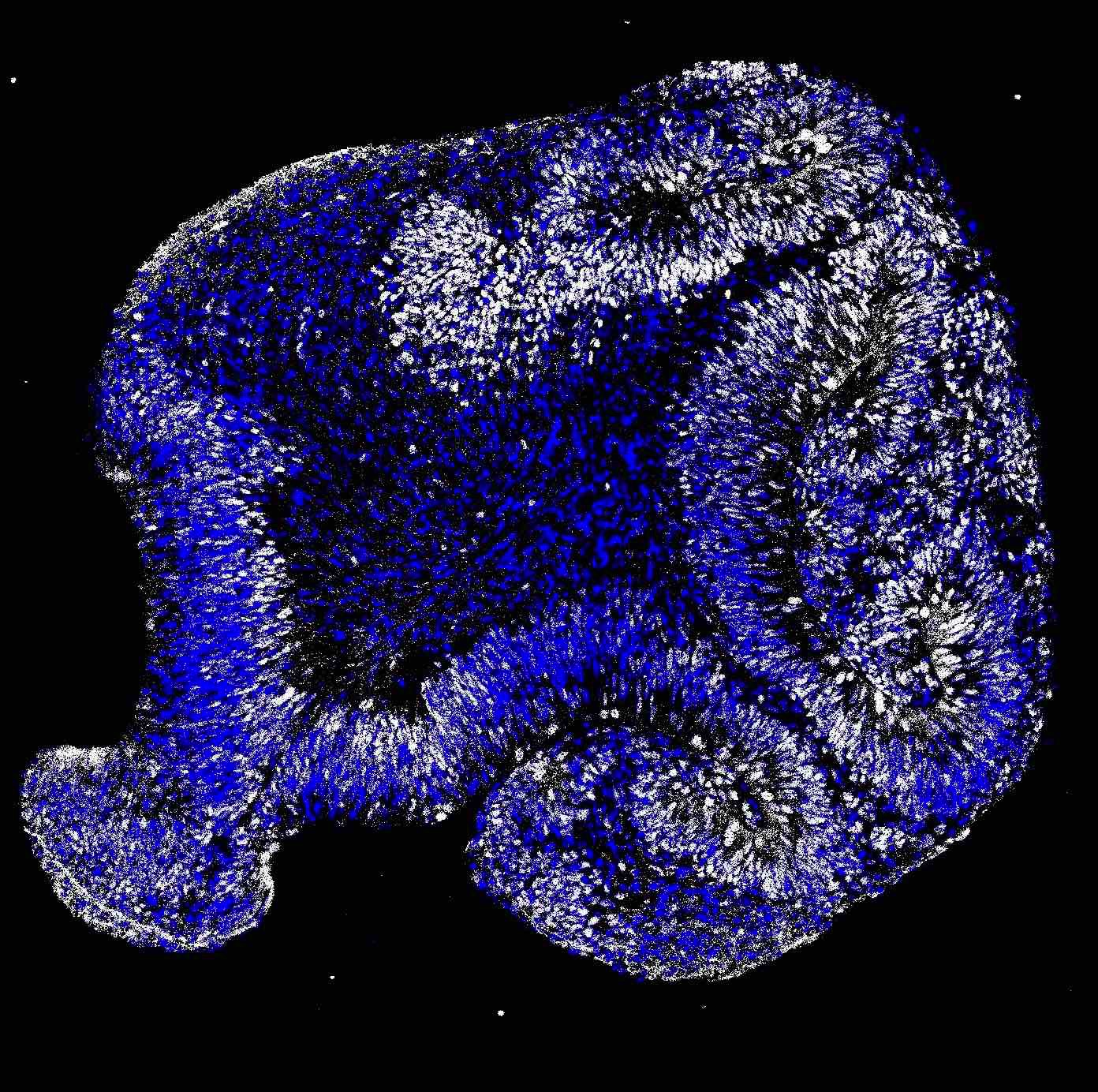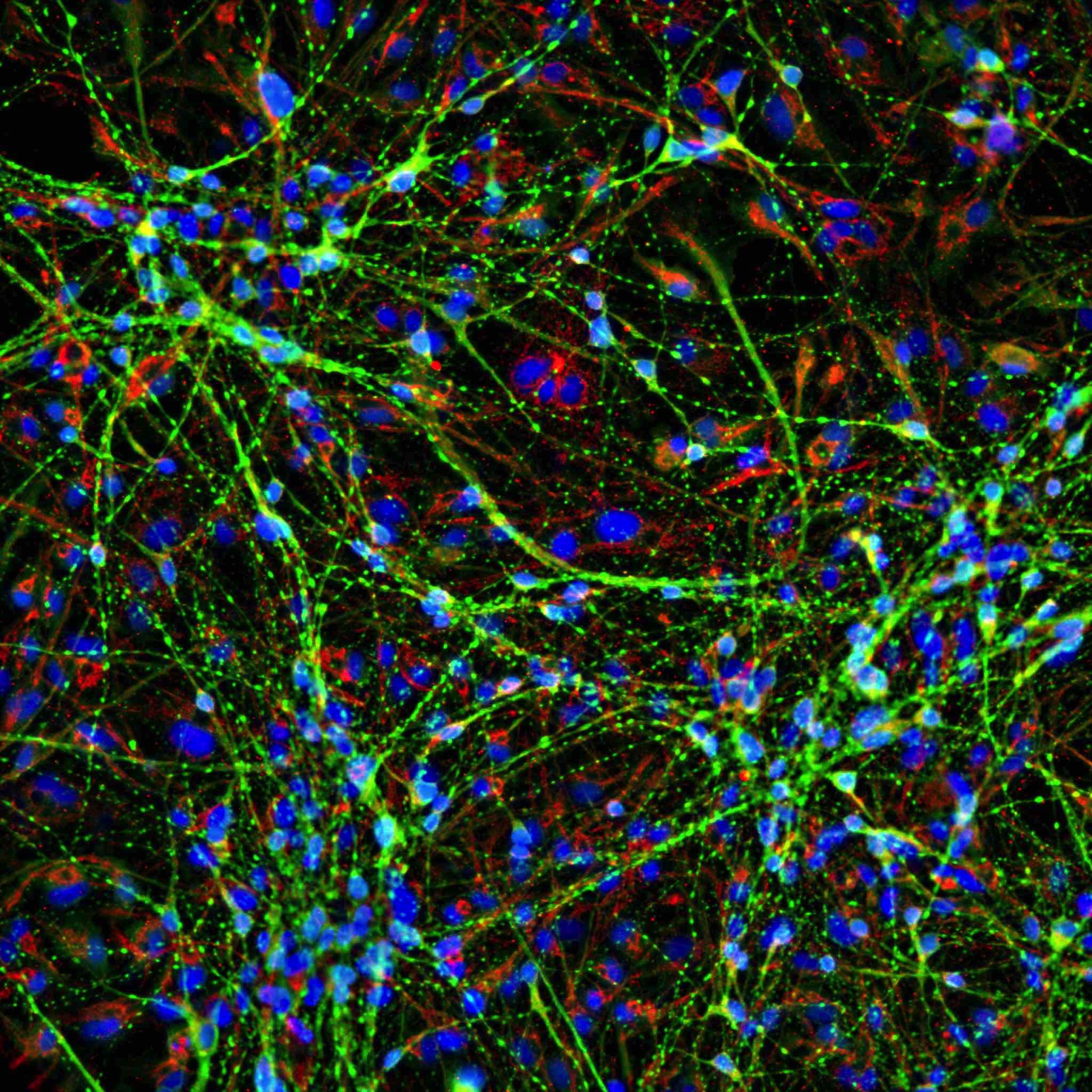





The Neuroscience PhD program at UTSA is an interactive community with an array of research strengths. We provide trainees with cutting-edge research opportunities and professional development to ensure that students achieve their career goals.
Neuroscience PhD Program Frequently Asked Questions
Why should I choose the UTSA Neuroscience PhD program?
Students attending UTSA's Neuroscience PhD program will join an interactive community of scientists working to uncover the mysteries of brain function. The neuroscience community is constantly growing and currently includes 30+ faculty members that are committed to trainee development with research expertise in Brain Disorders, Computational Neuroscience, Electrical Signaling, Sensory Processing, and Stem Cells & Development.
Our program is focused on developing skills that are valuable to an array of career options. Specifically, we focus on developing critical thinking, rigorous experimental design, oral and written communication skills, and networking. A key aspect of our program is the weekly Neuroscience Seminars. Students invite speakers to present in this series every semester. Additionally, students can participate in the Neuroscientists Talk Shop Podcast, which currently has over 200 episodes.
Students in the program receive individualized career development from their research advisors and dissertation committee as well as through Trainee Development Workshops offered by the NDRB department. Recent topics covered in Trainee Development Workshops have included Grant Writing (Spring 2022), Scientific Communication (Spring 2023), Careers at the NIH (Fall 2023), Careers at Non-profits/FDA (Spring 2024), Practical Statistics (Summer 2024), Careers in Biotech/Industry (Fall 2024), Coping with Stress (Spring 2025), Careers with Translational Research (Fall 2025), Financial Planning (Spring 2026), and Finding a Postdoc (Spring 2026). Additional career development opportunites and training are offered by the Career Center and the Graduate School.
Our students are among the best in the country as they have earned highly competitive awards, incluing F31 and F99/K00 fellowships from the National Institutes of Health, GRFP fellowships from the National Science Foundation, scholarships from the Department of Defense, and awards from private foundations.
Last but not least, San Antonio is excellent location for completing your dissertation research. San Antonio is an affordable, growing, minority-majority city with a vibrant civic culture that is in close proximity to numerous outdoor activities.
What are the criteria for admission?
Applications are reviewed holistically - there is no specific set of minimum criteria required for admission, though competitive applicants will have received a degree in a related discipline and will have prior research experience. Factors considered include motivation and determination to pursue a PhD in Neuroscience, laboratory research experience, academic background, and overall fit with the candidate’s research interests with faculty at UTSA. Applicants can use their personal statement to address the factors listed above and also to identify specific faculty who they might particularly like to work with and why.
What have program alumni done after graduation?
Graduates from our program have found positions in academia, industry, consulting, and data science.
Do students receive financial support during their tenure in the program?
Yes! Neuroscience PhD students receive a competitive annual stipend (currently $35,000) paid in monthly allotments. Tuition and fees are also paid by the program.
Is health insurance paid by the program?
Yes! The program covers health insurance for students in the Neuroscience PhD program.
Will I have the opportunity to attend relevant national or international conferences?
Yes! Neuroscience PhD students are strongly encouraged to attend and present their research in at least one national or international scientific conference each year. Multiple sources of support for student travel and meeting expenses are available from the student's PI, the department, the College of Sciences, and the university.
How will I select a lab for my dissertation research?
Neuroscience PhD students progress through three 10-week lab rotations during their first year in the program and select a PI following those rotations.
Do I need to communicate with professors before I apply?
No. The selection of a lab for dissertation research is made at the end of the first year following three lab rotations. But students should feel free to contact faculty to inquire about research opportunities and if they have funding to support graduate students. It is helpful if applicants use their personal statement to identify which faculty they might particularly like to work with and why.
Will I be required to teach or TA?
Neuroscience PhD students must completed a course in teaching techniques which includes a real-classroom teaching experience. There is no other mandatory teaching requirement, though depending on the circumstances and career goals students may be able to TA to gain additional teaching experience.
Can I join the program part-time or while holding another position?
No. Student participation in the Neuroscience PhD program is considered a full-time activity.
How do I apply?
Information on how to apply can be found here.